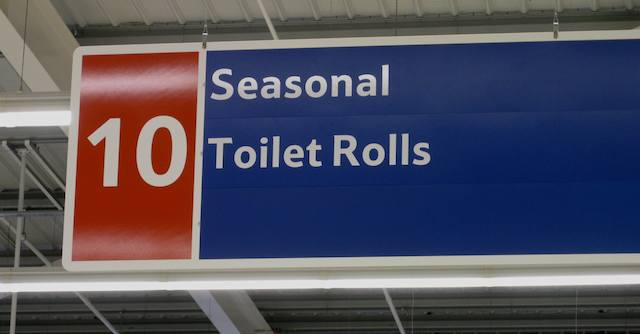From NYTimes.com
Perhaps not surprisingly, President Obama has formed a close friendship with the District of Columbia’s young, Blackberry-addicted, problem-solving mayor, Adrian Fenty. Now, the president has raided Mr. Fenty’s staff to name a youthful, Indian-born techno-whiz as his first federal chief information officer.
The White House said Thursday that it had selected Vivek Kundra, 34, the chief technology officer for the District, to the federal position, where he will be expected to oversee a push to expand uses of cutting-edge technology. He will have wide powers over federal technology spending, over information sharing between agencies, over greater public access to government information and over questions of security and privacy.
But he will also – as Mr. Obama mentioned twice in the space of a six-line comment distributed by the White House – look for ways to “lower the cost of government operations” through technology.
Mr. Kundra’s background seems to suit him well for both aspects of the job. Born in India, he lived in Tanzania until the age of 11, when he moved to the Maryland suburb of Gaithersburg. One of his first memories there, according to a profile last month in The Washington Post, was of seeing a dog-food commercial on television. “I was shocked,” he said. “I was used to seeing people starve in Africa. It was mind-boggling to me that people could afford to feed their dogs!”
I like the sound of this guy. For example,
In just 19 months with the District, Mr. Kundra has moved to post city contracts on YouTube and to make Twitter use common in his office and others. He hopes to allow drivers to pay parking tickets or renew their driver’s licenses on Facebook.
His office’s Web site offers a “Digital Public Square” with links to information on everything from crime to parking to tourism. It provides a map of free wi-fi hot spots, a public library finder, leaf-collection schedules; even a widget to view live snow-plow progress.
Good Morning Silicon Valley gave some more detail:
In his D.C. job, Kundra attracted attention with his embrace of all things Web 2.0, moving the district’s 38,000 employees off of Microsoft’s Office software and into Google’s cloud-based applications, encouraging the use of social channels like YouTube and Twitter, and turning to crowdsourcing for development of apps of use to taxpayers (or as he calls them, “co-creators”). Based on brief remarks to reporters today, Kundra plans to take the same approach on the federal level, shunning expensive customized systems where possible in favor of off-the-shelf software and services. In Washington, “when I left my place and went to the local coffee shop, I had more computing power in my hands than the average teacher, the average police officer, and the average public works official,” he said. “The reason was because the public sector decided it was so special that there was no way it would adopt consumer technology. … You have Darwinian innovation in the consumer space, and that fundamentally lowered our operating costs.”
Kundra is also intent on giving citizens greater access to the vast reservoirs of data collected by the government on their behalf — a move also gaining momentum in the House — to allow third-parties to mine, analyze and mash up the information in ways not possible now. “There is a lot of data the federal government has and we need to make sure that all the data that is not private, or restricted for national security reasons, can be made public,” he said. Kundra plans a new site, Data.gov, to serve as a repository.
Ambitious aims, given the legendary intransigence of the federal bureaucracy, but a definite signal that the days of business as usual are ending. Says Tod Newcombe at Government Technology: “Kundra’s blend of public- and private-sector experience also bodes well. His ability to think outside the box, combined with his understanding of politics are two highly touted skills that a government CIO needs to move IT projects forward in the federal bureaucracy jungle. Finally, Kundra’s enthusiasm for technology as a powerful enabler and transformer, not just as plumbing to keep static government programs alive, marks a sea change in attitude regarding the business of government in the 21st century. Dare we say a paradigm shift?”
Now just imagine who John McCain would have chosen for the post. Probably the CEO of SCO.
.




